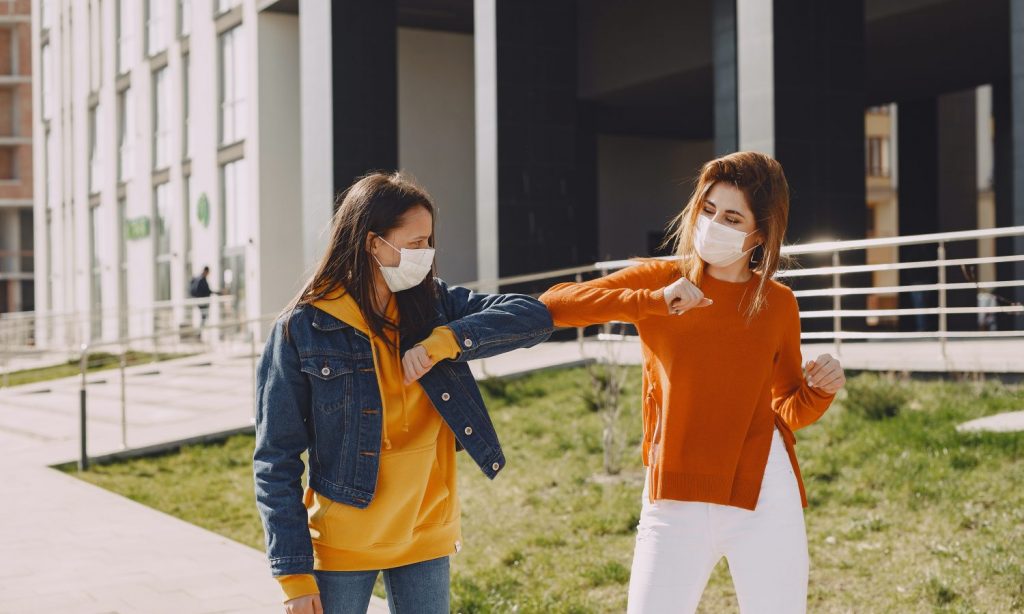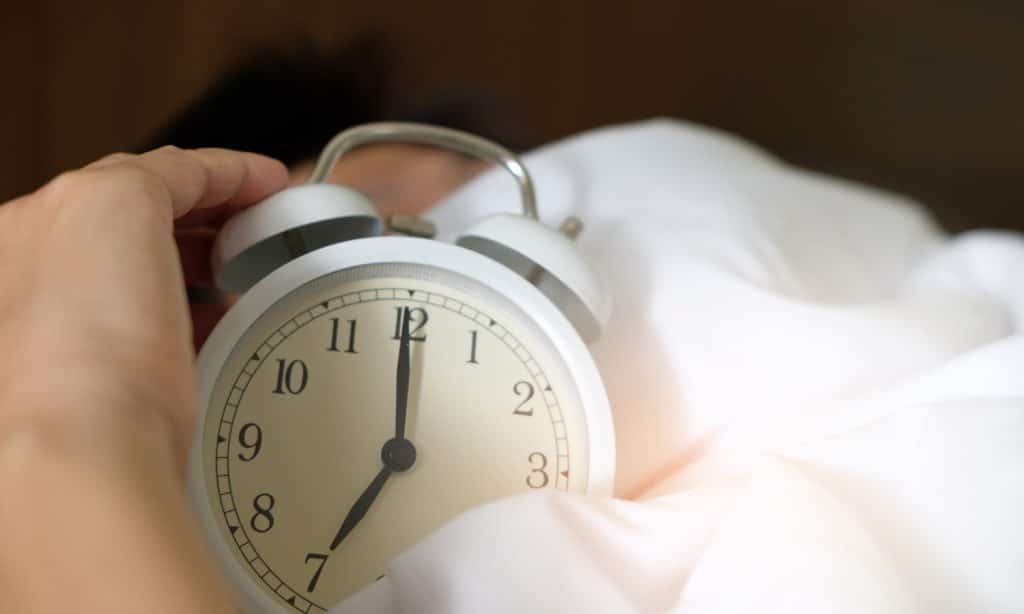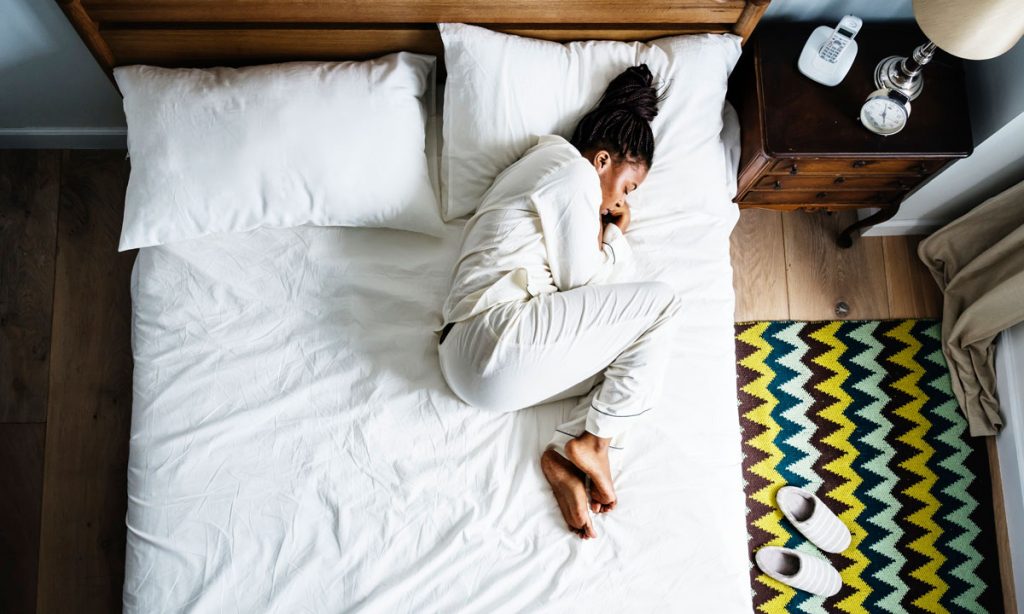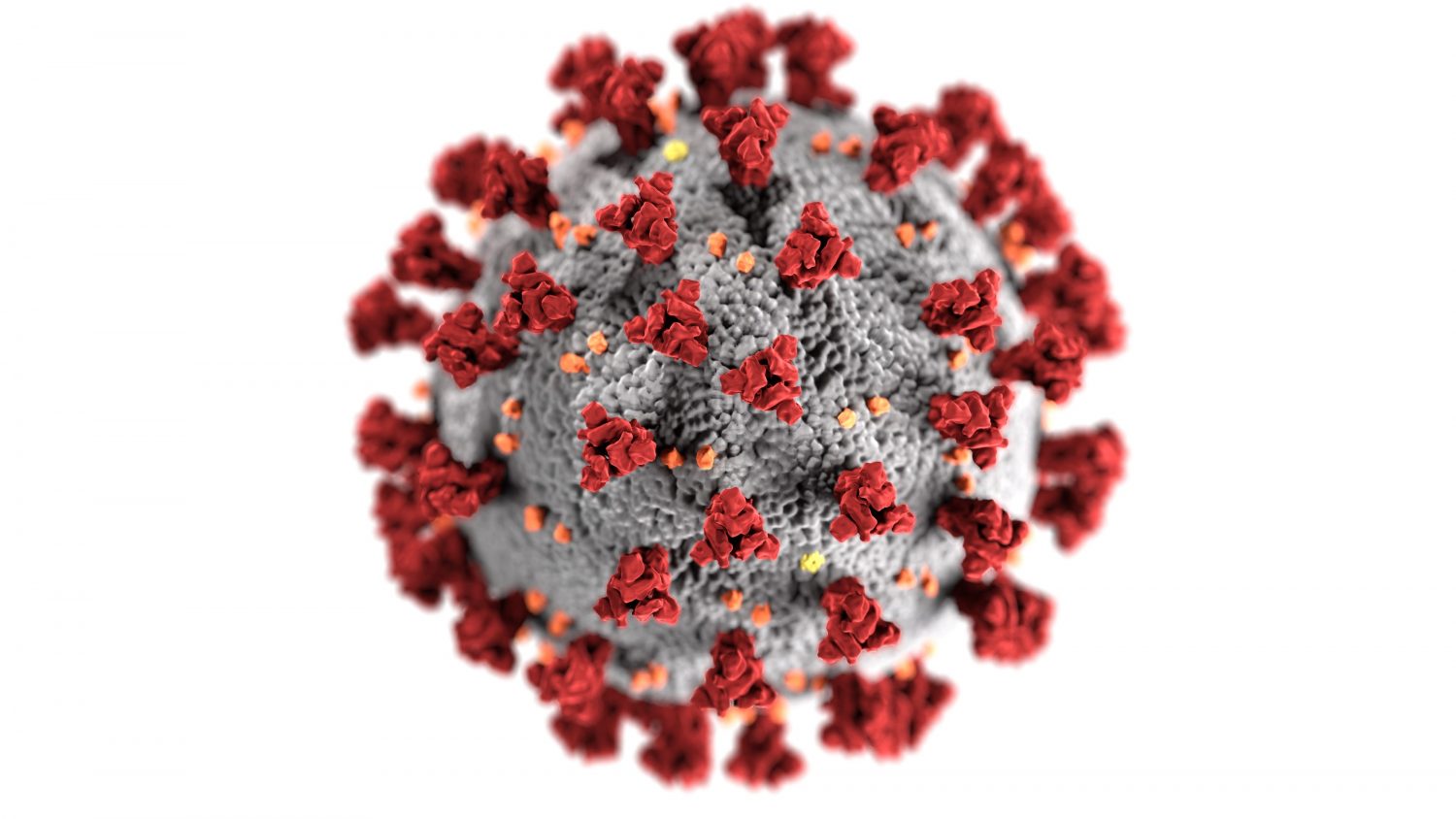People who’ve suffered from COVID-19 might be wondering if their case is different when it comes to getting their immunization.
COVID-19 vaccines are on the move, getting into more and more arms with each passing day. Vaccines have been one of the best developments of 2021, offering light at the end of the tunnel that has been this whole pandemic. While eligibility is being granted to more people every week, those who’ve had COVID-19 are more likely to stop for a bit and think about the effects that the vaccine could have on their bodies. But what about getting the vaccine after having COVID-19? Where’s what you should know.
COVID-19 is a strange virus, affecting people in widely different ways. While some experienced the illness and made a full recovery, many are still coping with long term side effects. Should people who had COVID-19 still get their shot? Here’s what you should know:
Most people should get their shot

RELATED: What’s The Deal With The AstraZeneca Vaccine?
Even if you’ve already been infected with COVID-19, you should still be able to get the shot and immunity. People who’ve had COVID-19 may already have some protection from the virus, but it’s important to pair that with the vaccine since that ensures there’s full and rounded out protection, one that was designed in a lab and not subject to your body’s specific response.
Studies suggest that people who’ve had COVID-19 may only need one shot to be fully immunized when compared to others. There’s no reason to think that having the disease and later getting the shot would result in any negative side effects.
Timing does matter

People who’ve suffered from COVID-19 should have timing in mind when it comes to getting their vaccine. If your COVID-19 case was recent, you should wait between 90 to 120 days in order to get your immunization. Your protection against COVID-19 is said to last for this amount of time, making a vaccine not necessary. Once this amount of time has passed, a vaccine can provide a more robust protection.
People who’ve had COVID-19 and take their vaccines too soon might experience some adverse reactions, being twice as likely than others to experience adverse reactions when exposed to the vaccine. This is likely due to the fact that they still have the virus in their systems.
Vaccines could help COVID-19 long haulers

RELATED: COVID-19 Vaccine: Why Are Women Experiencing Worse Side Effects Than Men?
COVID-19 long-haulers who struggle with symptoms like fatigue, headaches, shortness of breath and more could experience extra benefits when exposed to the vaccine. “There are some emerging reports of some patients’ symptoms improving after vaccination,” Dr. Hana Akselrod M.D. told Bustle. Explaining the issue further, Dr. Akslerod says that the COVID-19 vaccine might redirect the body’s initial immune response to the virus while flushing the remainders of the original infection that might still be producing those symptoms.


